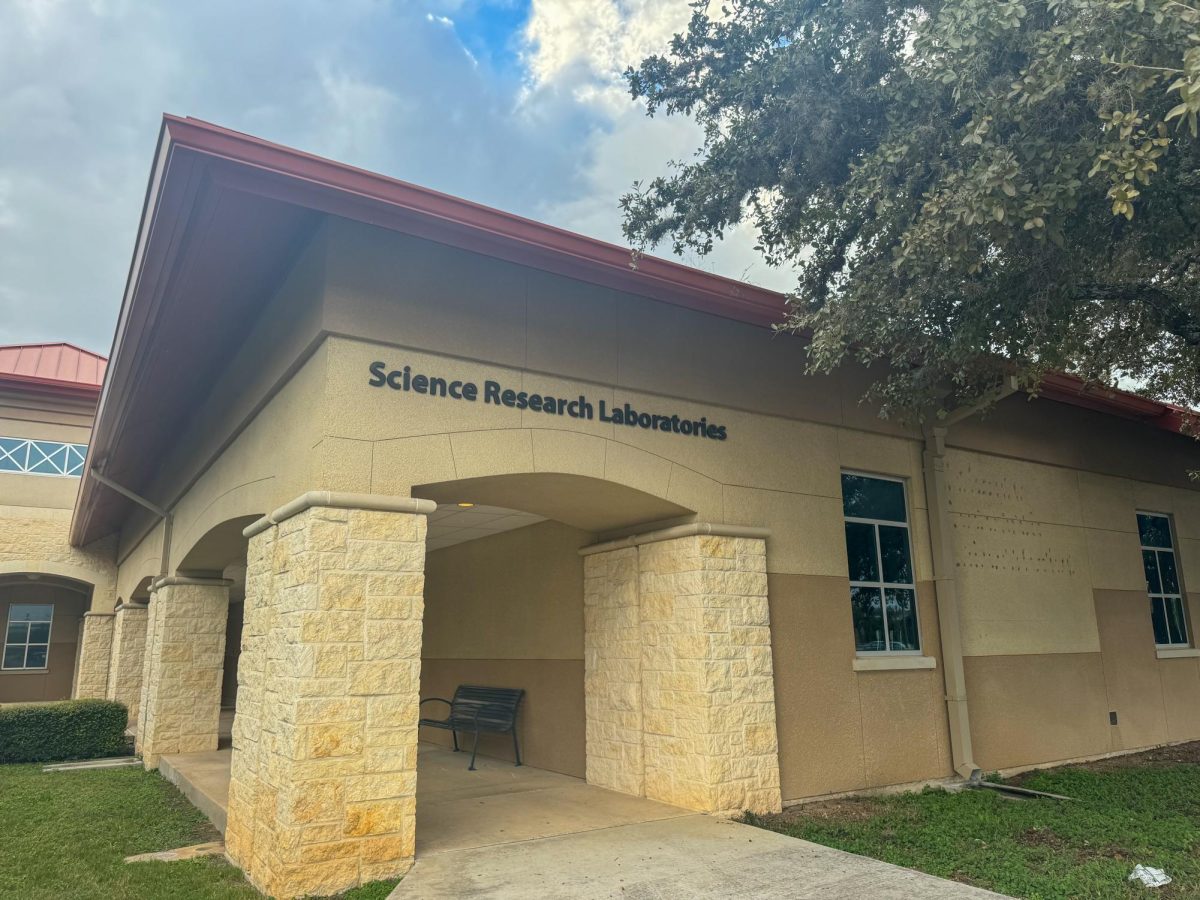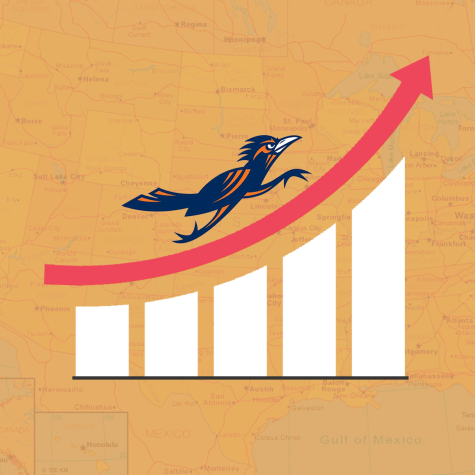A year after UTSA reached R1 status, requirements to meet the designation have slimmed to two factors. Though UTSA’s position is safe, the new standard changes the outlook of other universities.
The Carnegie Classification of Institutions of Higher Education is a tier system that designates universities with high research quality and output with the prestigious R1 status, also known as a doctoral university with very high research activity. In February of 2022, UTSA proudly reached this accomplishment. That achievement was established under a different set of rules.
In 2021, universities had to award a minimum of 20 research-based doctoral degrees, spend at least $5 million in total research and have a high score on the Research Activity Index to meet basic classification.
The American Council on Education and the Carnegie Foundation for the Advancement of Teaching are simplifying the standard into two measures. From 2025 onward, a university can qualify by spending at least $50 million in research and awarding at least 70 doctoral degrees yearly.
Timothy Knowles, President of the Carnegie Foundation, says that previous measures were “incomplete” and did not reflect the strength or diversity of postsecondary education.
“The 2025 Carnegie Classifications will create a more robust picture of higher education across the U.S. and make visible those institutions that demonstrably accelerate educational and career opportunities for students,” Knowles said in a press release.
In the previous school year, UTSA awarded 143 total doctoral degrees and spent 141.5 million dollars in research, placing it comfortably above the new requirements for 2025. UT Health Science Center in San Antonio and Houston and the UT Southwestern Medical Center in Dallas would automatically qualify based on recent numbers. Baylor University faces the risk of losing its status as an R1 university, as it spent less than $50 million in research in 2021 and is quickly trying to catch up on research expenditure before 2025.
In addition to Baylor, several universities around the U.S. are attempting to boost research to maintain their status, as others anticipate adopting the new requirements and the incoming promotion to R1.
For instance, the new Carnegie classifications also loosen the restrictions enough that universities that offer a narrower range of doctoral degrees — such as many historically Black colleges and universities and prominent liberal arts colleges — have a chance to be designated as R1.
The President of the American Council on Education, Ted Mitchell, says, “The American higher education landscape is incredibly dynamic and complex. However, the Carnegie Classifications, as they are organized today, do not capture that dynamism or the variety of higher education institutions. We are reimagining the Carnegie Classifications to better group and organize like institutions to accurately reflect the broad scope of their work with students, communities, and the broader public purposes of higher education.”
The U.S. leads internationally in the number of R1 institutions with 146 schools, making it a worldwide beacon of graduate education. By 2025, the country can expect to shoot higher in the ranks with a more comprehensive understanding of what makes an institution a research powerhouse.
For more information on the Carnegie Classification, visit carnegieclassifications.acenet.edu/.















